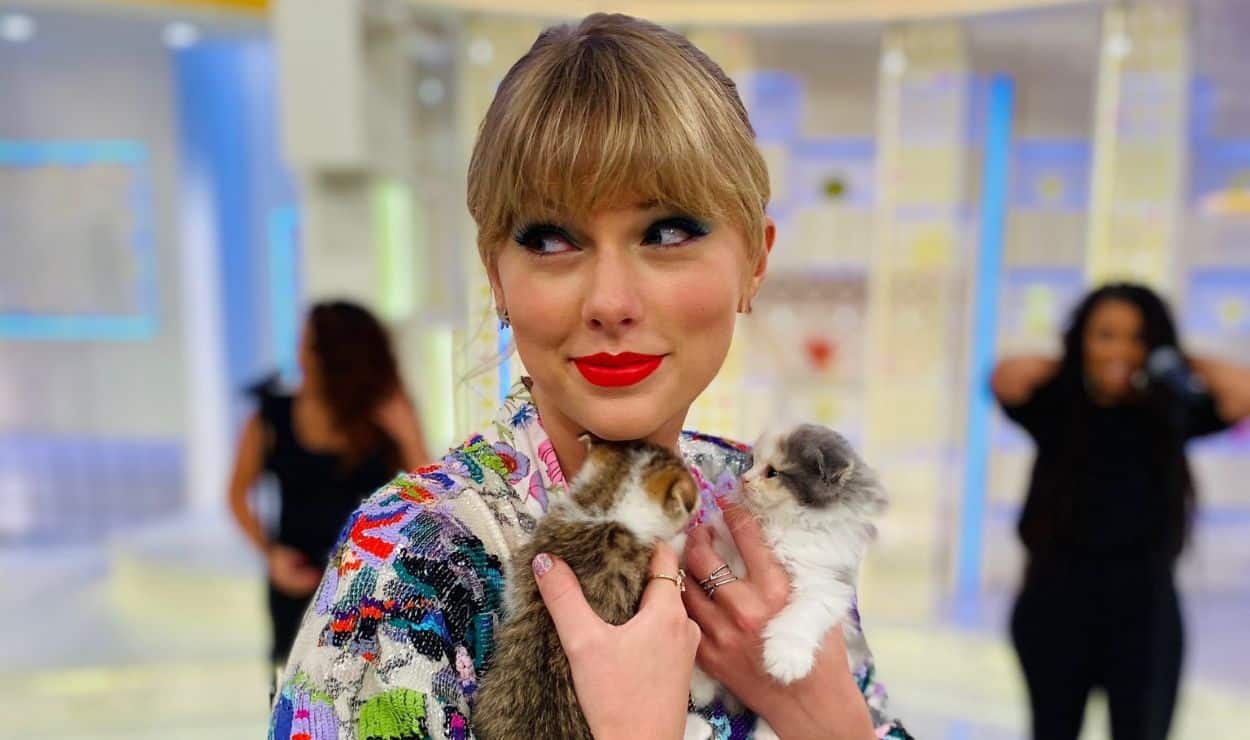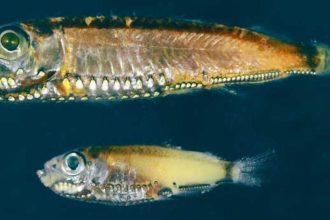Taylor Swift’s affection for her Scottish Fold cats has turned the breed into a global sensation. Known for their folded ears and round faces, these cats dominate social media, often starring in the singer’s posts. Yet, beneath their cute exterior lies a troubling reality. Animal welfare experts are sounding the alarm about the severe health issues tied to the breed’s genetic mutation.
The Scottish Fold’s unique look stems from osteochondrodysplasia, which affects cartilage and bone growth. This mutation causes painful arthritis, skeletal deformities, and chronic discomfort. Veterinary expert Sarah Elliott from Cats Protection explains, “Many assume these cats are calm, but they’re often too sore to move or play like others.” Despite these well-known problems, the breed’s popularity continues to soar, driven by celebrity influence and online fame.
Ya could I get these to go? @ntv_sukkiri pic.twitter.com/tNCS9pJTCp
— Taylor Swift (@taylorswift13) November 7, 2019Demand for Scottish Folds has skyrocketed. Around 50,000 were acquired in the UK last year, pushing the total population to 110,000. Prices have climbed too, with kittens fetching up to £900. This boom, fueled by social media and stars like Swift, has intensified concerns about unethical breeding practices.
Cats Protection is pushing for tighter UK regulations to curb the suffering of cats with extreme traits. Scotland has taken steps to limit breeding, but loopholes allow unlicensed breeders to operate unchecked. Experts argue that the breed’s inherent flaws make its continuation questionable, even with responsible practices.
Cats loved by Taylor Swift should be BANNED! Leading animal charity says Scottish Folds breed made popular by the 'Shake it Off' singer have a lifetime of health problems and pain
Visit our homepage at https://t.co/s1vdxIYHYd https://t.co/QIigUHM8LR
— Scottish Daily Mail (@MailOnlineScot) March 29, 2025A Call to Rethink Pet Choices
The Scottish Fold debate divides pet enthusiasts. Some defend selective breeding to reduce health risks, while others call it unethical. Elliott urges buyers to prioritize animal welfare: “Ask yourself if this is the life you’d want for your pet.” As advocacy for reform grows, the future of this adored yet troubled breed hangs in the balance.






